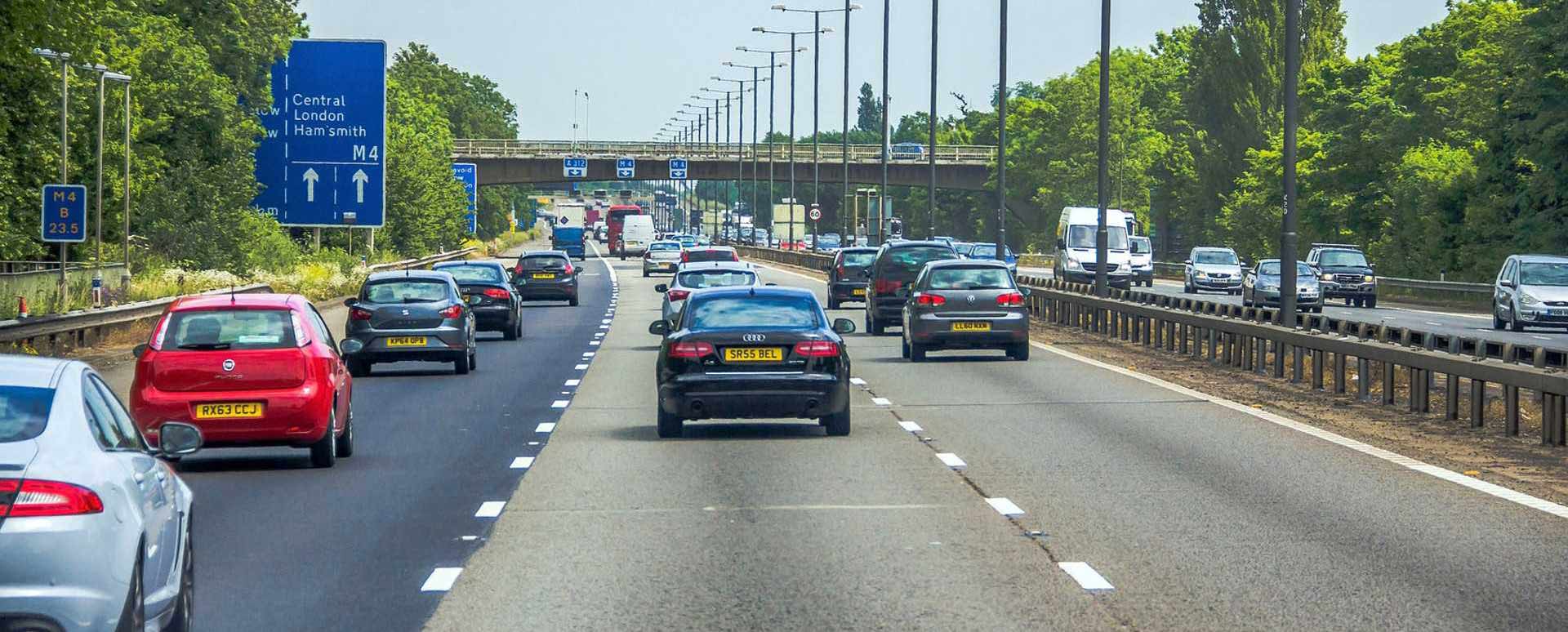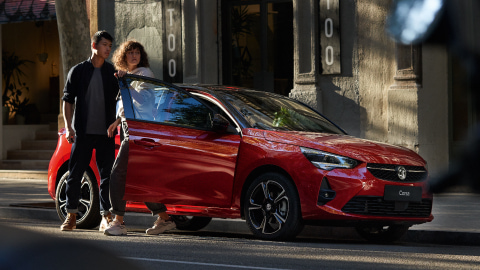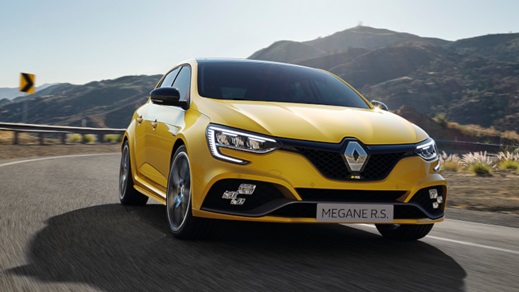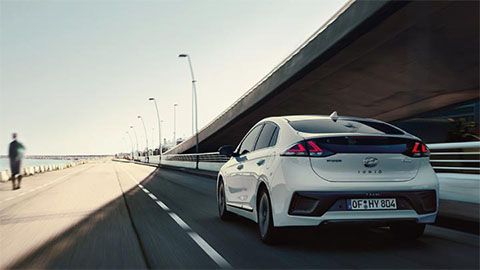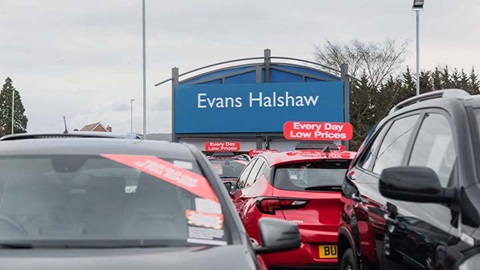Car Road Tax 2024: How Much is Vehicle Excise Duty?
19th Aug 2024
What is road tax?
Vehicle Excise Duty (VED), commonly known as road tax, is an annual tax levied on motorists by the government for using their vehicles on public roads.
The amount of tax you pay is based on how much CO2 your vehicle emits and when it was produced. Generally, the more CO2 your car emits, the more you pay. Every year, the amount you pay increases with inflation.
In April 2020, the emissions testing standards were changed to a new system called WLTP, which stands for Worldwide Harmonised Vehicle Test Procedure. Simply put, this test is more stringent and designed to better reflect real-world fuel economy and emissions.
Those test results are used to determine how much tax you'll pay on your vehicle. Explore the amount of tax you'll pay on new cars below, and look further down the page to see the rates for older vehicles.
Contents
- Tax for cars registered from April 2017
- Road tax on electric cars
- Tax rates for new cars costing more than £40,000
- Road tax on used cars
- Tax for cars registered between 2001 and 2017
- Car buying advice
- Frequently asked questions
Car Tax (VED) rates for cars registered from 1st April 2017
|
CO2 Emissions
(g/km) |
First Year Rate | Standard Rate |
| Zero | £0 | £0 |
| 1 to 50 | £10 | £190 |
| 51 to 75 | £30 | £190 |
| 76 to 90 | £135 | £190 |
| 91 to 100 | £175 | £190 |
| 101 to 110 | £195 | £190 |
| 111 to 130 | £220 | £190 |
| 131 to 150 | £270 | £190 |
| 151 to 170 | £680 | £190 |
| 171 to 190 | £1,095 | £190 |
| 191 to 225 | £1,650 | £190 |
| 226 to 255 | £2,340 | £190 |
| Over 255 | £2,745 | £190 |
Cars first registered after April 2017 are liable for a 'showroom tax', which is calculated based on the car's emissions. From the second year, costs are £190 annually.
Road tax on electric cars
Because all-electric and hydrogen-powered cars produce zero emissions, they don't have to pay any road tax.
However, changes to the car tax system were announced at the end of 2022, when it was announced that electric car drivers would be required to pay road tax from 1st April 2025. The price you'll pay will depend on the age and original price of your car, with cars registered before 1st April 2017 paying a lower price than those registered afterwards.
Tax rates for new cars costing more than £40,000
As has been the case with previous years, you'll have to pay higher rates of tax on vehicles that cost over £40,000 when new. You'll have to pay £410 annually for the next five years. This additional rate will start after the first year of tax expires.
Road tax on used cars
If your car was registered after 1st March 2001 and before 1st April 2017, then the rate you pay will be based on the amount of CO2 your vehicle produces.
Car Tax for cars registered between 1st March 2001 and 31st March 2017
| VED Banding |
CO2 Emissions
(g/km) |
Annual Vehicle Tax
(petrol and diesel cars) |
Annual Vehicle Tax
(alternative fuels) |
| A | Up to 100 | £0 | £0 |
| B | 101 to 110 | £20 | £10 |
| C | 111 to 120 | £25 | £25 |
| D | 121 to 130 | £150 | £150 |
| E | 131 to 140 | £180 | £180 |
| F | 141 to 150 | £200 | £200 |
| G | 151 to 165 | £245 | £245 |
| H | 166 to 175 | £295 | £295 |
| I | 176 to 185 | £325 | £325 |
| J | 186 to 200 | £375 | £375 |
| K* | 201 to 225 | £405 | £405 |
| L | 226 to 255 | £700 | £700 |
| M | Over 255 | £725 | £725 |
*This includes cars emitting over 225g/km registered before 23rd March 2006
Car buying advice
If you're looking to buy a brand-new car, then you shouldn't be put off by the initial first year rate, as it's reasonably inexpensive on all but the bigger and most powerful cars currently available.
However, if that doesn't appeal, then you may want to consider looking for a pre-owned vehicle, where you won't have to worry about the first year rate. If you're willing to own an older car, then there's a wide selection of used vehicles that won't cost a penny in tax.
Frequently Asked Questions
If you aren't sure how much your vehicle's road tax is, or when it's due, then you can check via the government's road tax checker.
There are two ways you can pay for your road tax; either online or at your local Post Office. Paying online is the most common method these days and can be completed within 10 minutes.
The only way to cancel your road tax is by informing the DVLA that your car has been sold, SORN (taken off the road), written off, scrapped, stolen, or exported from the UK.
Once the DVLA has confirmation of the above, they will automatically cancel any direct debits and refund you for any full months you have left on your vehicle tax (if you paid in full).
Road tax is calculated by taking into account a vehicle's fuel type, age, and how much CO2 it produces. The original price is also taken into account for newer cars.
Generally, the more CO2 your vehicle produces, the more you're going to pay in road tax (VED).
VED is an acronym for Vehicle Excise Duty, and refers to how much tax you'll pay to use your car on public roads. How much you pay depends on your vehicle's emissions, age, price when new, and its fuel type.
Find your perfect car with Evans Halshaw
Whatever car, new or used you plan on buying, Evans Halshaw has a comprehensive selection to make choosing easy. And our friendly associates can advise on tax prices if you need any help ensuring you know exactly how much you'll pay.
Alternatively, if you enjoyed this article, why not check out more like it in our dedicated blog section.

